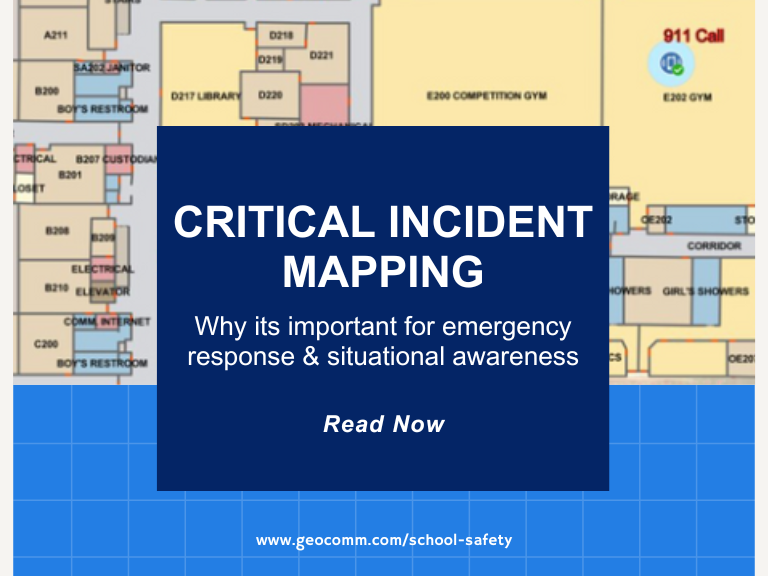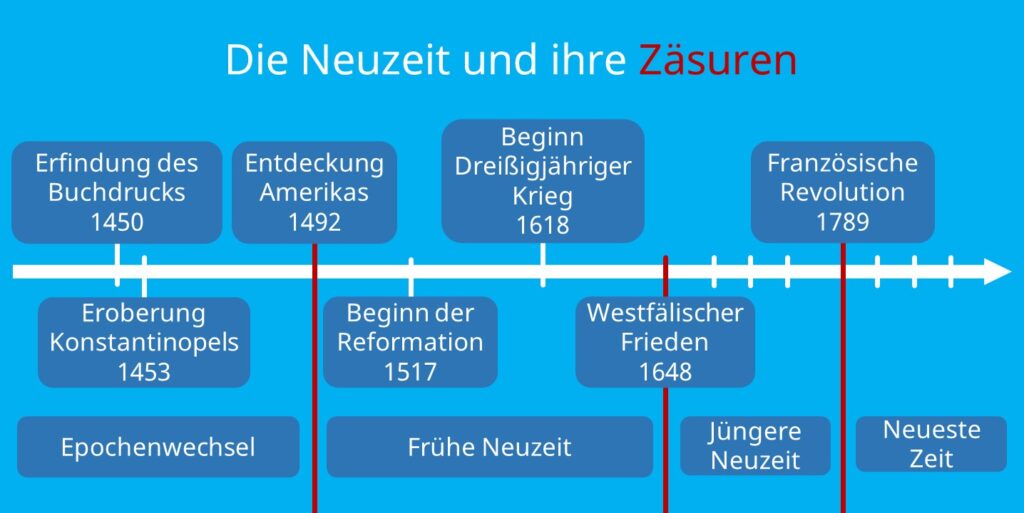Combating Antisemitism: AJC Unveils Global Incident Mapping Project

Table of Contents
The Urgent Need for Global Antisemitism Data
The fight against antisemitism requires a robust understanding of its prevalence and manifestations. Unfortunately, current data collection methods suffer from significant limitations, hindering effective responses.
The Limitations of Current Data Collection
Existing efforts to track antisemitic incidents are often fragmented and inconsistent. This makes it difficult to get a clear picture of the global landscape of antisemitism.
- Lack of standardized reporting methods: Different organizations and countries use varying definitions and methodologies for recording antisemitic incidents, making comparisons and analysis challenging. This inconsistency directly impacts the accuracy of any overall assessment of the problem.
- Jurisdictional differences hindering data sharing: Legal and bureaucratic hurdles often impede the sharing of data across international borders, creating significant gaps in the global picture of antisemitism. Data privacy regulations, for example, can complicate cross-border collaborations.
- Underreporting due to fear or lack of awareness: Many victims of antisemitism do not report incidents due to fear of retaliation, lack of trust in authorities, or simply unawareness of reporting mechanisms. This underreporting significantly skews the data, creating an inaccurate reflection of the actual scale of the problem.
The AJC's Solution: Comprehensive Incident Mapping
The AJC's global incident mapping project aims to address these shortcomings by creating a comprehensive, standardized system for tracking antisemitic incidents worldwide. This initiative is crucial for building a more accurate and complete understanding of the global antisemitism landscape.
- Geographic mapping of incidents: The project will map antisemitic incidents geographically, providing a visual representation of where these incidents occur most frequently. This granular data will allow for a deeper understanding of regional variations and patterns.
- Categorization of incident types (violence, harassment, vandalism, online hate speech): The project will categorize incidents based on their nature, allowing for a more nuanced analysis of different forms of antisemitism. This will help identify emerging trends and patterns in different types of antisemitic activity.
- Data analysis to identify trends and patterns: The collected data will be systematically analyzed to identify key trends, patterns, and correlations. This analysis will help researchers, policymakers, and communities understand the root causes of antisemitism and develop more effective strategies for combating it.
How the AJC's Mapping Project Works
The AJC's success depends on its robust data collection and analysis methodologies. The project employs multiple sources and rigorous verification processes to ensure data accuracy and reliability.
Data Sources and Collection Methods
The AJC utilizes a multi-pronged approach to gather data, ensuring comprehensive coverage.
- Collaboration with international organizations: The AJC collaborates with numerous international organizations dedicated to combating antisemitism, leveraging their existing networks and data sources. This collaborative approach ensures a broader reach and access to a wider range of information.
- Rigorous fact-checking protocols: All reported incidents undergo thorough fact-checking to ensure accuracy and eliminate duplication or misinformation. This rigorous process is critical for maintaining the credibility and integrity of the data.
- Anonymization of sensitive personal data: The AJC prioritizes the privacy and safety of individuals reporting incidents. All personal data is anonymized to protect the identities of victims and prevent potential retaliation.
Data Visualization and Analysis
The AJC intends to present its findings in a clear, accessible manner to maximize impact.
- Interactive online platform for data visualization: An interactive online platform will allow users to explore the data geographically and analyze trends over time. This user-friendly interface will make the information accessible to a wide range of stakeholders.
- Regular reports highlighting key findings: The AJC will produce regular reports summarizing key findings, providing policymakers and the public with up-to-date information on the global landscape of antisemitism. These reports will be valuable resources for informing policy decisions and public discourse.
- Analysis of correlations between different factors: The data will be analyzed to identify correlations between different factors, such as socioeconomic conditions, political events, and online hate speech, and the occurrence of antisemitic incidents. This analysis will help researchers understand the root causes of antisemitism.
The Impact and Potential of the AJC's Initiative
The AJC's global incident mapping project has the potential to significantly impact the fight against antisemitism on multiple levels.
Empowering Communities
The project will empower Jewish communities globally by providing them with tools and resources to combat antisemitism effectively.
- Increased awareness of reporting mechanisms: The project will raise awareness of reporting mechanisms, encouraging victims to come forward and share their experiences.
- Improved community response and support networks: The data will inform the development of more effective community response and support networks, providing assistance and resources to victims of antisemitism.
- Promotion of proactive safety measures: By identifying high-risk areas and trends, the project will help communities develop and implement proactive safety measures to prevent future incidents.
Informing Policy and Law Enforcement
The data gathered by the project will be invaluable in informing policy decisions and improving law enforcement responses to antisemitism.
- Providing evidence-based policy recommendations: The project will provide evidence-based policy recommendations to governments and international organizations, informing the development of effective anti-hate crime legislation and strategies.
- Assisting law enforcement in identifying and preventing future incidents: The data will assist law enforcement agencies in identifying patterns, predicting future incidents, and deploying resources more effectively.
- Facilitating cross-border collaboration: The project will facilitate cross-border collaboration between law enforcement agencies and governments, enabling a more coordinated response to transnational antisemitic activities.
Raising Global Awareness
The project is crucial in raising public awareness about the pervasiveness of antisemitism and the importance of combating it.
- Education campaigns: The AJC will use the data to develop targeted education campaigns, raising awareness of antisemitism and its impact on individuals and communities.
- Media outreach: The project will engage with media outlets to disseminate its findings and promote public discourse on antisemitism.
- Promoting interfaith dialogue and cooperation: The project will foster interfaith dialogue and cooperation, bringing together diverse communities to work towards a common goal of combating intolerance and hatred.
Conclusion
The AJC's global incident mapping project represents a critical step forward in the fight against antisemitism. By providing comprehensive, accurate data on antisemitic incidents worldwide, this initiative empowers communities, informs policymakers and law enforcement, and raises global awareness of this persistent threat. This data-driven approach is crucial for developing effective strategies to combat antisemitism and create safer, more inclusive societies. To learn more about the project and how you can contribute, visit the AJC website and become part of the solution against antisemitism. Let's work together to combat antisemitism effectively through data and action.

Featured Posts
-
 Announcing The Cast Of The Dubbo Championship Wrestling Musical
May 27, 2025
Announcing The Cast Of The Dubbo Championship Wrestling Musical
May 27, 2025 -
 Understanding The Health Risks Associated With Synthetic Hair Braids In Black Women
May 27, 2025
Understanding The Health Risks Associated With Synthetic Hair Braids In Black Women
May 27, 2025 -
 Blgariya I Evroto Yasna Podkrepa Ot Ets B Sled Sreschata Lagard Penkova
May 27, 2025
Blgariya I Evroto Yasna Podkrepa Ot Ets B Sled Sreschata Lagard Penkova
May 27, 2025 -
 Der 9 Mai Ein Tag In Der Geschichte Ereignisse Und Bedeutung
May 27, 2025
Der 9 Mai Ein Tag In Der Geschichte Ereignisse Und Bedeutung
May 27, 2025 -
 Why Does King Charles Iii Celebrate Two Birthdays A Royal Explanation
May 27, 2025
Why Does King Charles Iii Celebrate Two Birthdays A Royal Explanation
May 27, 2025
Latest Posts
-
 Constance Lloyd A Biography Of Oscar Wildes Wife And Her Enduring Legacy
May 31, 2025
Constance Lloyd A Biography Of Oscar Wildes Wife And Her Enduring Legacy
May 31, 2025 -
 Der Bodensee In Gefahr Verschwindet Er In 20 000 Jahren Klimaschutz Notwendigkeit Oder Illusion
May 31, 2025
Der Bodensee In Gefahr Verschwindet Er In 20 000 Jahren Klimaschutz Notwendigkeit Oder Illusion
May 31, 2025 -
 Oscar Wildes Wife Constance Lloyd And The Price Of Genius
May 31, 2025
Oscar Wildes Wife Constance Lloyd And The Price Of Genius
May 31, 2025 -
 Katastrophenfall Am Bodensee Grossuebung Der Einsatzkraefte In Hard
May 31, 2025
Katastrophenfall Am Bodensee Grossuebung Der Einsatzkraefte In Hard
May 31, 2025 -
 Constance Lloyd The Untold Story Of Oscar Wildes Wife And Her Sacrifice
May 31, 2025
Constance Lloyd The Untold Story Of Oscar Wildes Wife And Her Sacrifice
May 31, 2025
